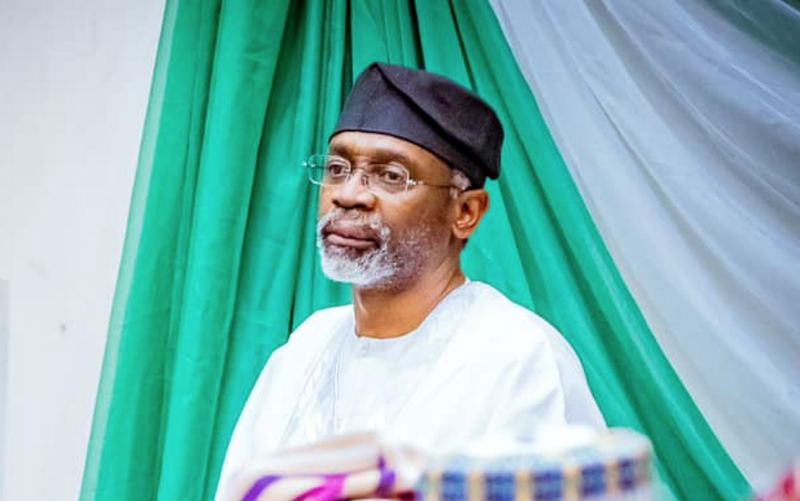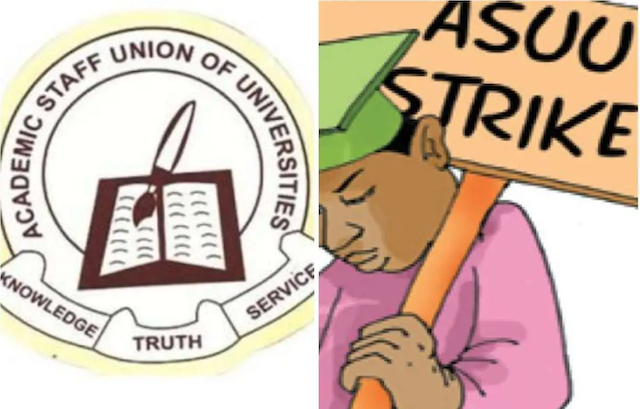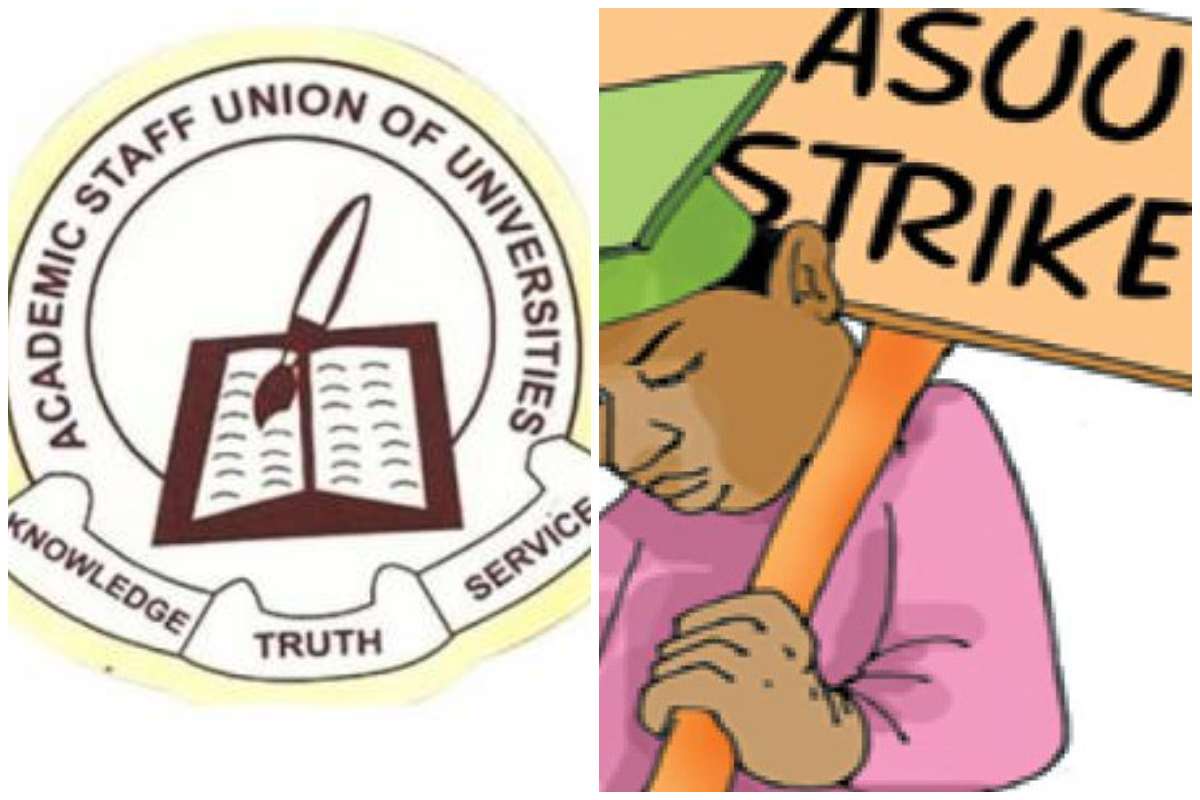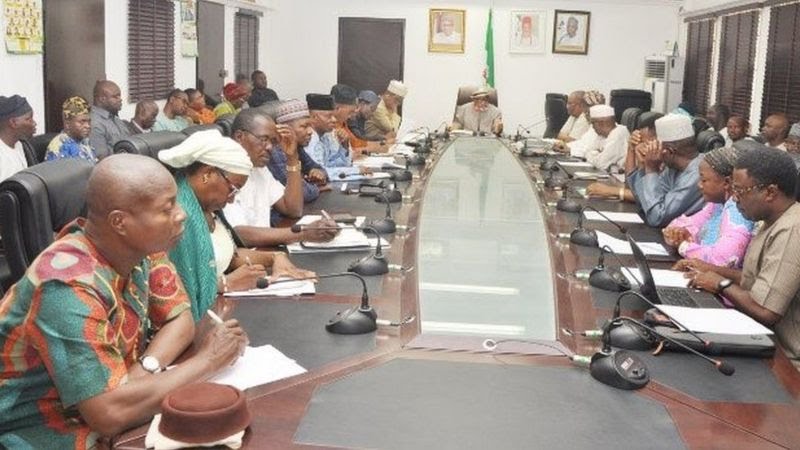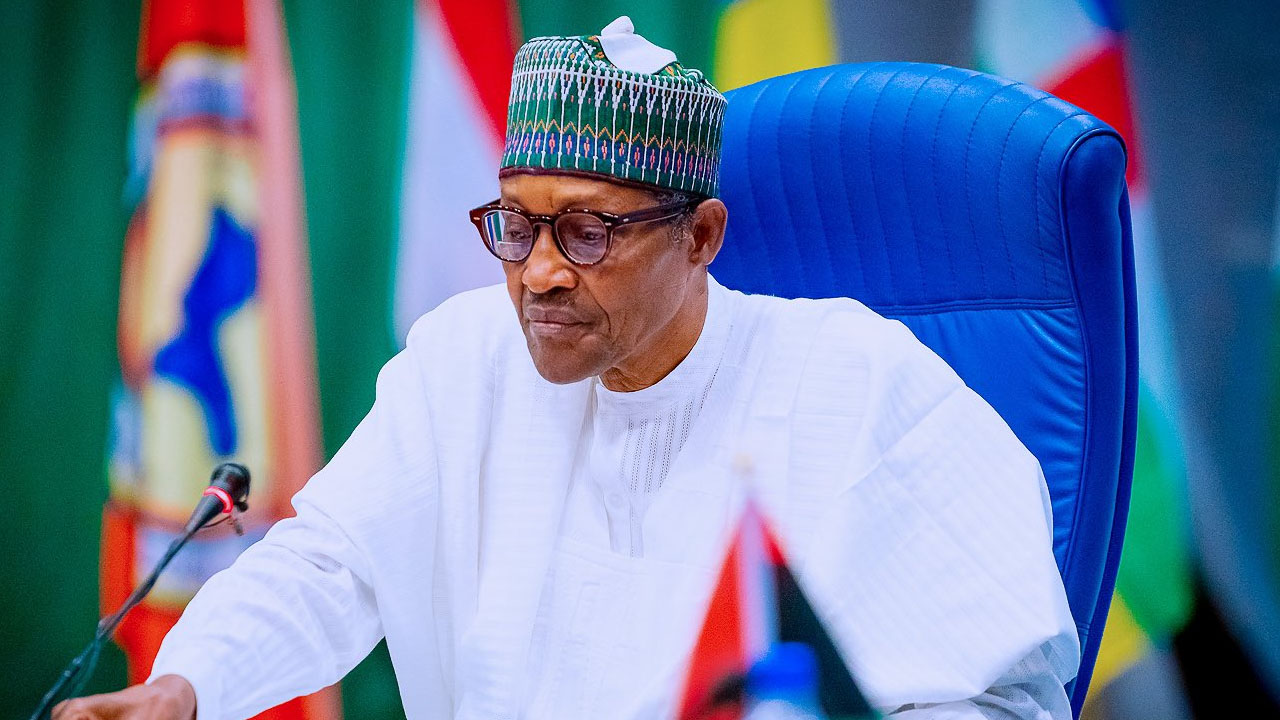The Senior Staff Association of Nigerian Universities (SSANU) has urged the Federal Government to consider merging the payment platforms developed by the different unions in the University System to address peculiarities.
Mr Mohammed Ibrahim, SSANU National President, made the call in a communique issued on Monday in Abuja at the end the union’s 44th National Executive Council (NEC) meeting held at Michael Okpara University, Abia.
Ibrahim said NEC in session noted that the merger had become necessary due to the recent fraud in the Integrated Payroll and Personnel Information System (IPPIS).
It would also be recalled that the university workers had blamed inconsistencies and the failure of the IPPIS to capture the peculiarities of the university system for their rejection.
To address the peculiarities, the Academic Staff Union of Universities (ASUU) had developed the University Transparency Accountability System(UTAS)for the payment of salaries and allowances of University lecturers.
Also, the Joint Action Committee (JAC) of SSANU and the Non-Academic Staff Union of Universities(NASU) had developed the Universities Peculiar Personnel Payroll System (U3PS) to address its own issues.
According to him. IPPIS is being used for personal enrichment of staff of the Office of the Accountant General of the Federation to the detriment of our members and the Federal Government.
“It is on record that the payment platform is fraught with the same corruption that Federal Government claims it wants to fight with it.
“NEC in session is demanding that Federal Government should consider merging the payment platforms developed by ASUU (UTAS) and that of JAC of SSANU and NASU (U3PS), since it is on record that the platforms are capable of addressing the peculiarities of the University system,” he said.
He also said NEC had renewed its call on the Federal government to urgently pay the four months withheld salaries owed to its members, in the interest of industrial harmony in the country’s tertiary education sector.
Ibrahim added that, let it be known to government that our members are yet to recover from the effect of the hardship caused by the withholding of their four months salaries, and may not recover from it unless government does something about it.
“NEC in session views government posture and position on the matter as unfair and unfortunate. We are well aware that salaries for those months were prepared.
“NEC therefore call on government to urgently pay the arrears of our members’ withheld salaries without further delay, ” he said.
He further said NEC acknowledged the demise of the Chairman of the Government Team, Prof Nimi Briggs and therefore called on government to reconstitute a new Committee for the renegotiation of the SSANU/FGN 2009 Agreement as the issue was long overdue.
He added that, SSANU has earnestly offered itself for the renegotiation process to commence and awaits the invitation of the Federal Government on the issue.
SSANU president said NEC had called on government to urgently commence payment of arreas of minimum wage implementation since 2018 to some of its members.
Ibrahim said the members include the Federal University Otuoke, Michael Okpara University of Agriculture, Umudike, Federal University, Dutsima, Abubakar Tafawa Balewa University, Bauchi, Federal University, Gashua, Yobe, Federal University Kashere, University of Maiduguri.
He said others are Modibo Adamawa University, Yola, University of Benin, Benin, College of Medicine, of the University of Lagos, Idi-Araba and University of Calabar.
He also said government had promised to release the sum of N50 billion for payment of outstanding Earned Allowances to Universities and Inter-University Centres.
He also said the agreement was yet to be fulfilled. NEC in session urged government to release funds for payment of the allowances without further delay as it was provided for in the 2023 budget.
“ NEC in session vehemently condemns the recent arbitrary and blanket dissolution of Governing Councils of Federal Universities by the Federal Government.
” This action is illegal, inimical to the growth and proper functioning and management of Universities in Nigeria, as the appointment of the Governing Councils are tenured in line with the extant laws as gazetted.
“For the avoidance of doubt, the Law also provides that Governing Councils can only be dissolved on proven cases of corruption and incompetence,”he said.
He said NEC also demanded that the Councils of universities should be allowed to perform their functions devoid of interference by the Office of the Head of Service of the Federation or its agents for that matter.
He added that SSANU is not averse to the introduction of the Student Loan to deserving students who are desirous of higher education and that NEC frowns at the conditions and modalities of accessing the Loan.
“NEC therefore requests government yo review the conditions for the acquisition of the Loan to enable interested students to access and repay same,”he said.

